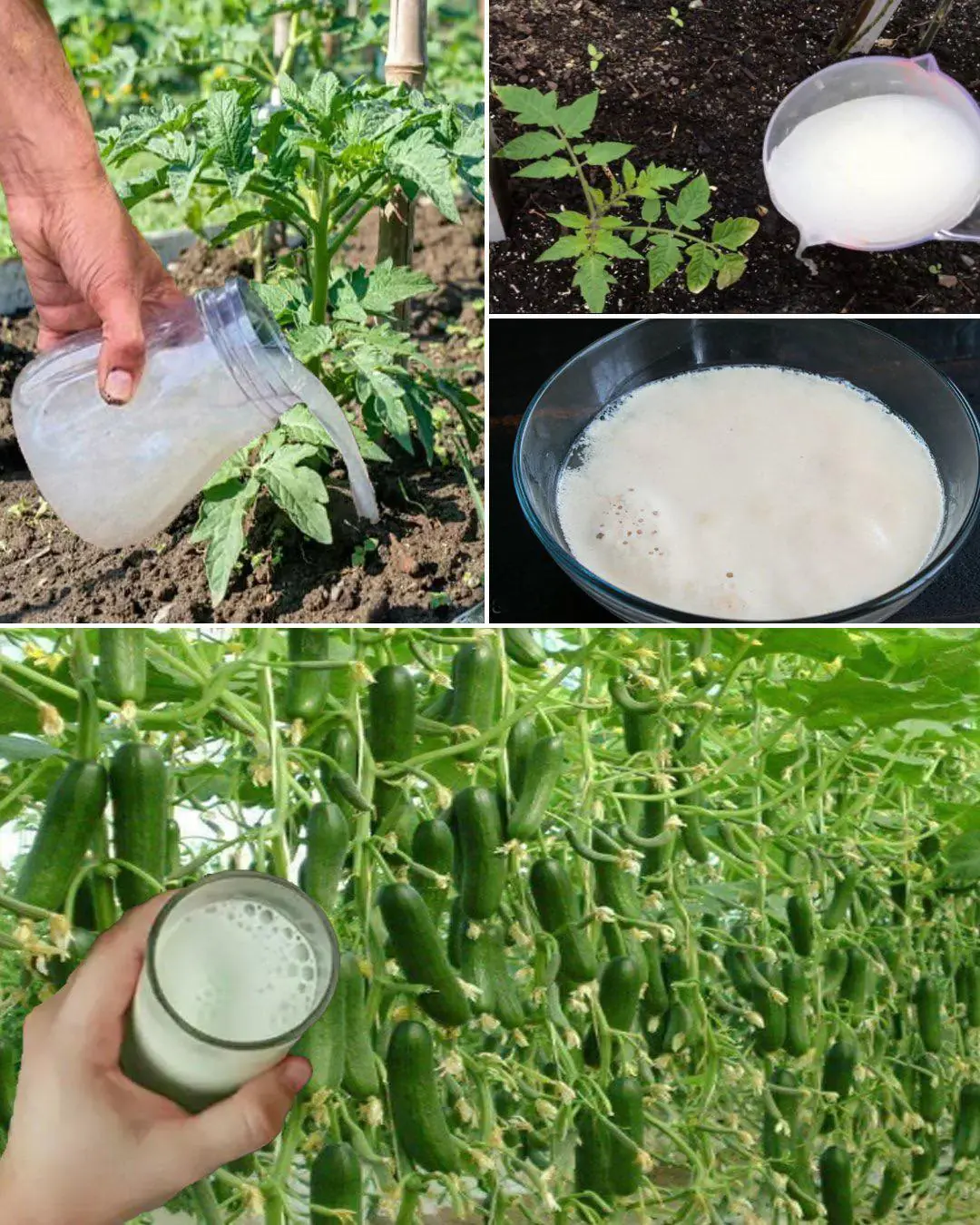
Pineappleweed (Matricaria discoidea) – Nature’s Calming Herb with Surprising Benefits
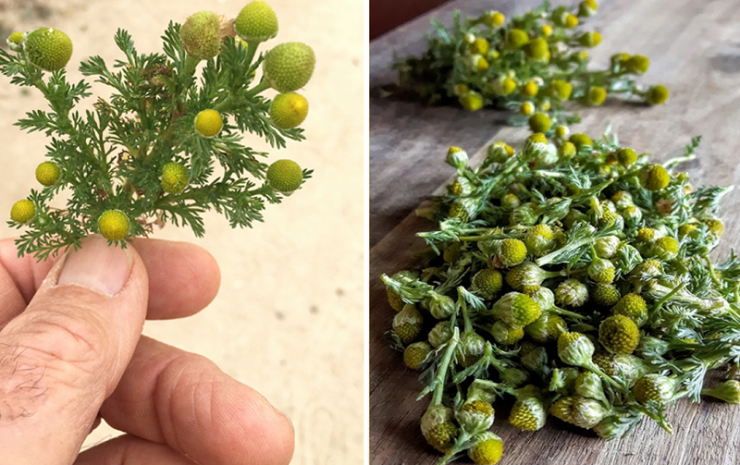
Pineappleweed (Matricaria discoidea): A Hidden Gem for Health and Wellness
Pineappleweed, scientifically known as Matricaria discoidea, is a small but resilient plant that often goes unnoticed in disturbed soils, sidewalks, and fields. Despite being commonly found as a roadside weed, this hardy herb is far more than just an ordinary plant. Resembling chamomile with its pineapple-like scent when crushed, pineappleweed has a long history of use in traditional medicine and is valued for its calming, healing, and soothing properties.
Key Benefits of Pineappleweed
1. Natural Relaxant & Sleep Aid
Pineappleweed is widely recognized for its calming properties, similar to chamomile, making it an excellent choice for those dealing with stress, anxiety, or insomnia. The flower heads of pineappleweed can be brewed into a soothing tea, which helps relax the nervous system, promoting peaceful sleep and relieving mental tension.
-
How to Use:
Drink pineappleweed tea before bedtime to relieve stress and improve sleep quality. It helps the body unwind without causing drowsiness the next day.
2. Digestive Support
Pineappleweed is a natural digestive aid, commonly used to alleviate indigestion, gas, bloating, and mild stomach cramps. Its unique compounds help calm the stomach lining, promoting smoother digestion and offering relief from digestive discomfort.
-
How to Use:
Sipping pineappleweed tea after meals can support digestion, ease discomfort, and prevent bloating. Its gentle soothing properties make it a great option for easing post-meal heaviness.
3. Anti-inflammatory and Antimicrobial Effects
Pineappleweed contains natural anti-inflammatory and antimicrobial compounds that make it effective in treating minor skin irritations, cuts, and abrasions. It can be applied topically to reduce swelling, promote healing, and fight infection. When taken internally, it also helps support the immune system in combating infections.
-
How to Use:
For minor cuts or skin irritations, apply a strong infusion of pineappleweed to the affected area. As an alternative, use the cooled infusion as an eye compress for soothing relief from tired or irritated eyes.
4. Menstrual Cramp Relief
Historically, pineappleweed has been used as a natural remedy for menstrual cramps. The plant’s relaxing and pain-relieving properties can help reduce the severity of menstrual discomfort and provide relief from cramping and bloating.
-
How to Use:
Drink pineappleweed tea during your menstrual cycle to ease discomfort. Its mild analgesic effects help relax muscles and calm cramping, offering gentle relief.
5. Mild Antihistamine
Pineappleweed is also noted for its mild antihistamine effects, making it useful for people who experience allergic reactions. By calming the body’s response to allergens, it helps reduce symptoms like itchiness, sneezing, and mild skin rashes caused by seasonal allergies.
-
How to Use:
Drink pineappleweed tea during allergy season or whenever mild allergic reactions occur to reduce symptoms and support the body’s natural response to allergens.
How to Use Pineappleweed
Tea (Infusion)
To make pineappleweed tea, dry the flower heads and steep 1-2 teaspoons of dried flowers in hot water for 5-10 minutes. The infusion is ready to drink after straining, and you can enjoy it 2-3 times per day.
-
Tip: Add a bit of honey or lemon for added flavor and extra soothing properties.
Topical Wash
For skin irritations or minor cuts, brew a strong infusion of pineappleweed and allow it to cool. Apply the infusion to affected areas with a cloth or use it as a mild eye compress (after proper filtering) to reduce swelling and irritation.
-
Tip: Test the infusion on a small patch of skin before applying to larger areas to ensure you don't have any adverse reactions.
In Food
For a mild, pineapple-like flavor, you can add fresh pineappleweed flower heads to salads or herbal syrups. Its delicate taste can elevate the flavor of a variety of dishes, offering a unique twist on traditional ingredients.
Precautions and Contraindications
While pineappleweed is generally safe for most people, there are a few important precautions to keep in mind:
-
Allergic Reactions: If you are allergic to ragweed, chamomile, or daisies, you may also be sensitive to pineappleweed. Discontinue use if any allergic reactions occur.
-
Pregnancy and Breastfeeding: Pineappleweed is not recommended during pregnancy or breastfeeding without medical advice. Always consult with a healthcare provider before use.
-
Topical Testing: If applying the herb topically, always test on a small area of skin first to ensure you do not experience any irritation or allergic reaction.
Conclusion
Pineappleweed may often be overlooked, growing as a humble weed beneath our feet, but it’s a gentle yet powerful herb with numerous calming, digestive, and antimicrobial benefits. Whether used as a tea, topical wash, or culinary herb, its versatility and availability make it a great addition to your natural health remedies. By incorporating pineappleweed into your routine, you can relieve stress, support digestion, reduce inflammation, and much more. However, always consult a healthcare provider before adding any new remedy to your routine, especially if you have underlying health conditions.
News in the same category

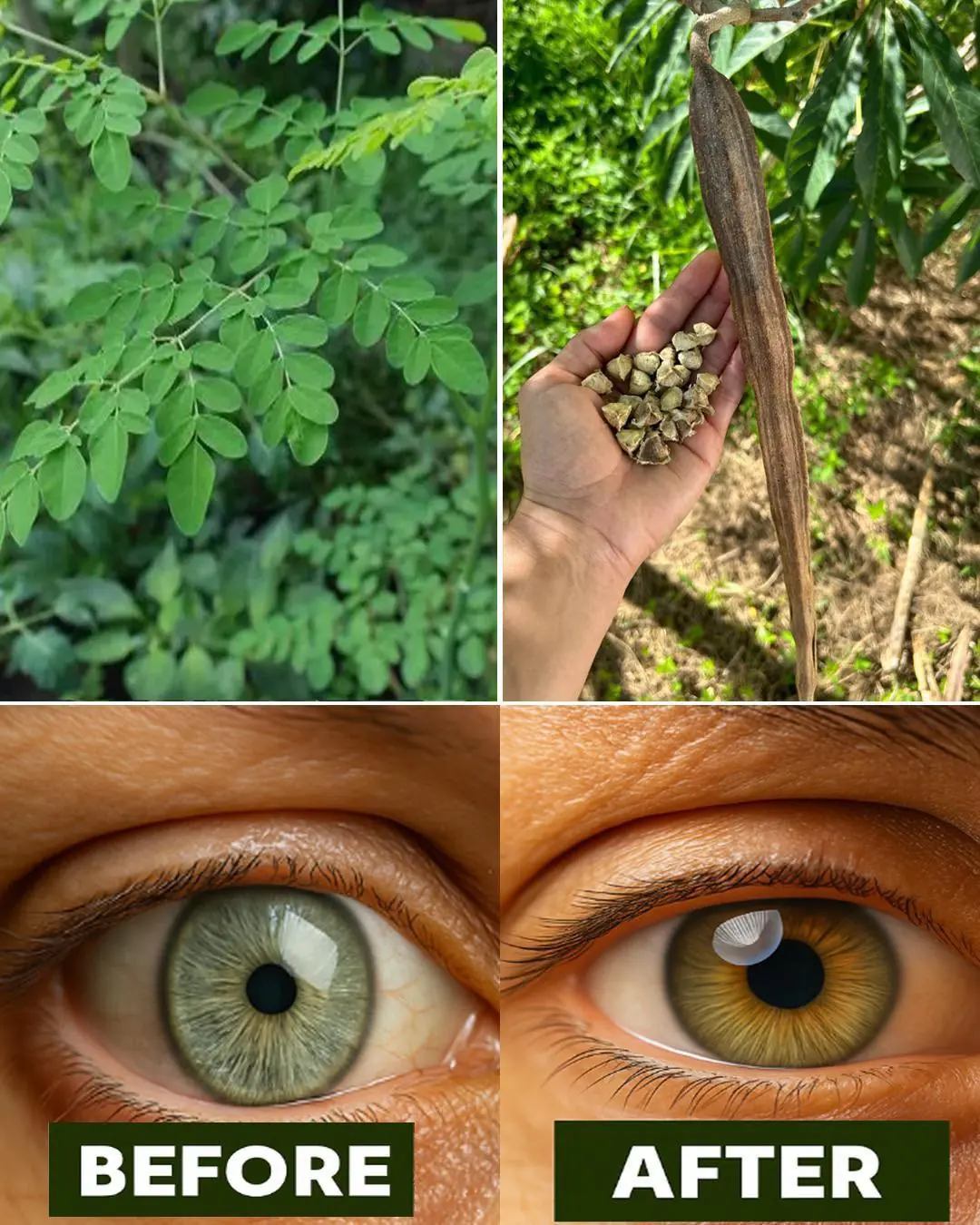
12 Powerful Benefits of Moringa Seeds
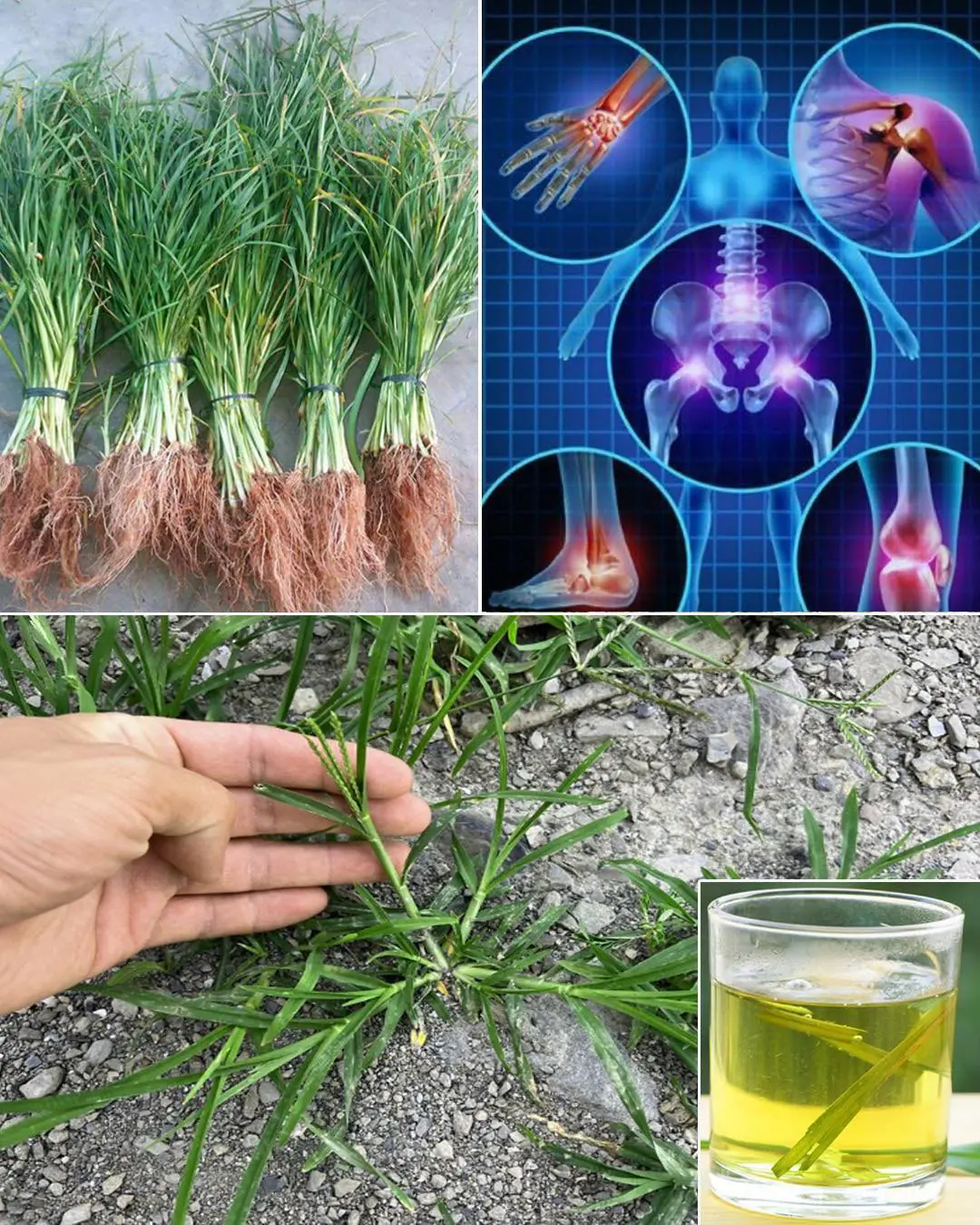
25 Incredible Health Benefits of Goosegrass

Grow potatoes in containers at home with just one potato
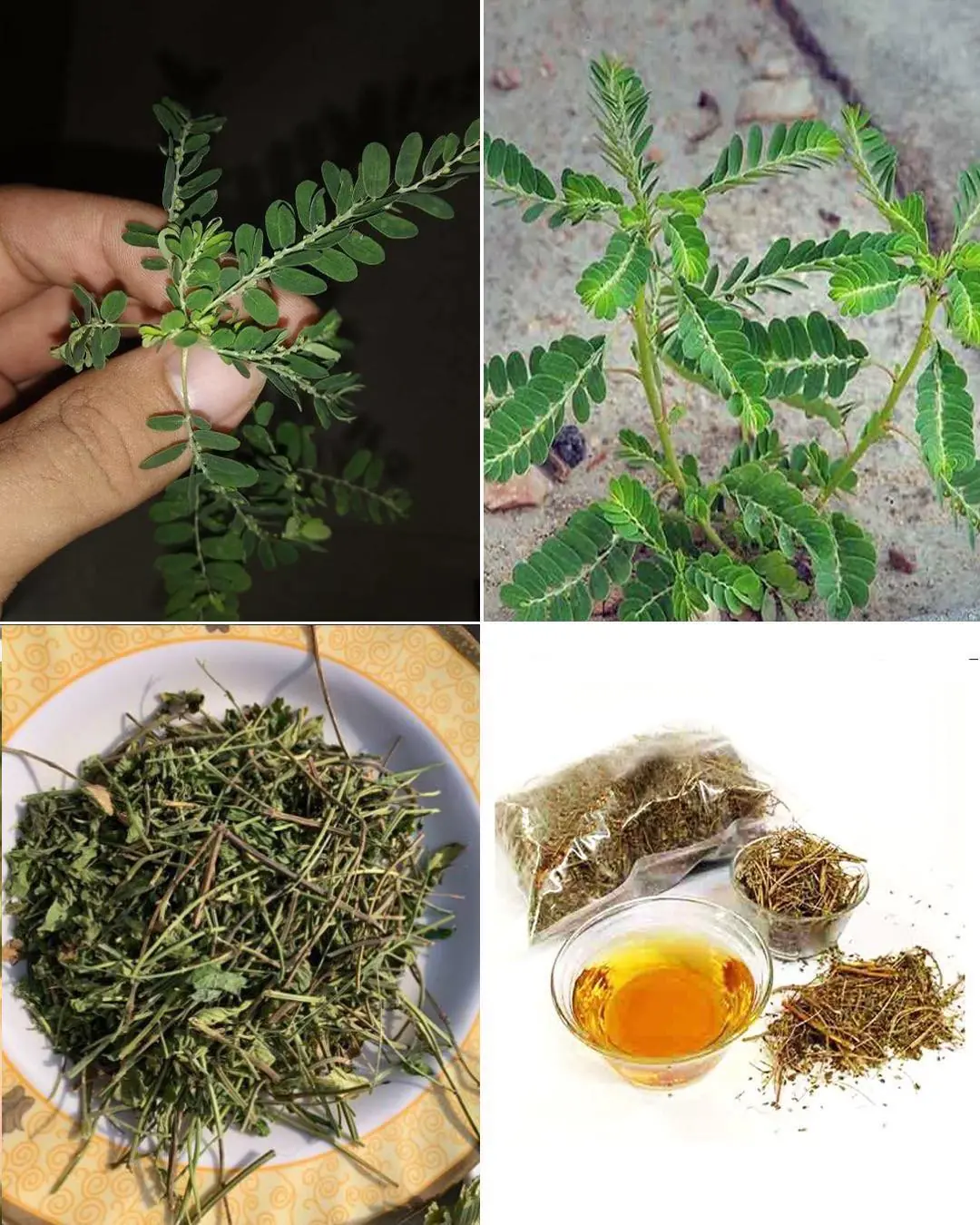
The Power of Chanca Piedra: 10 Benefits and Uses
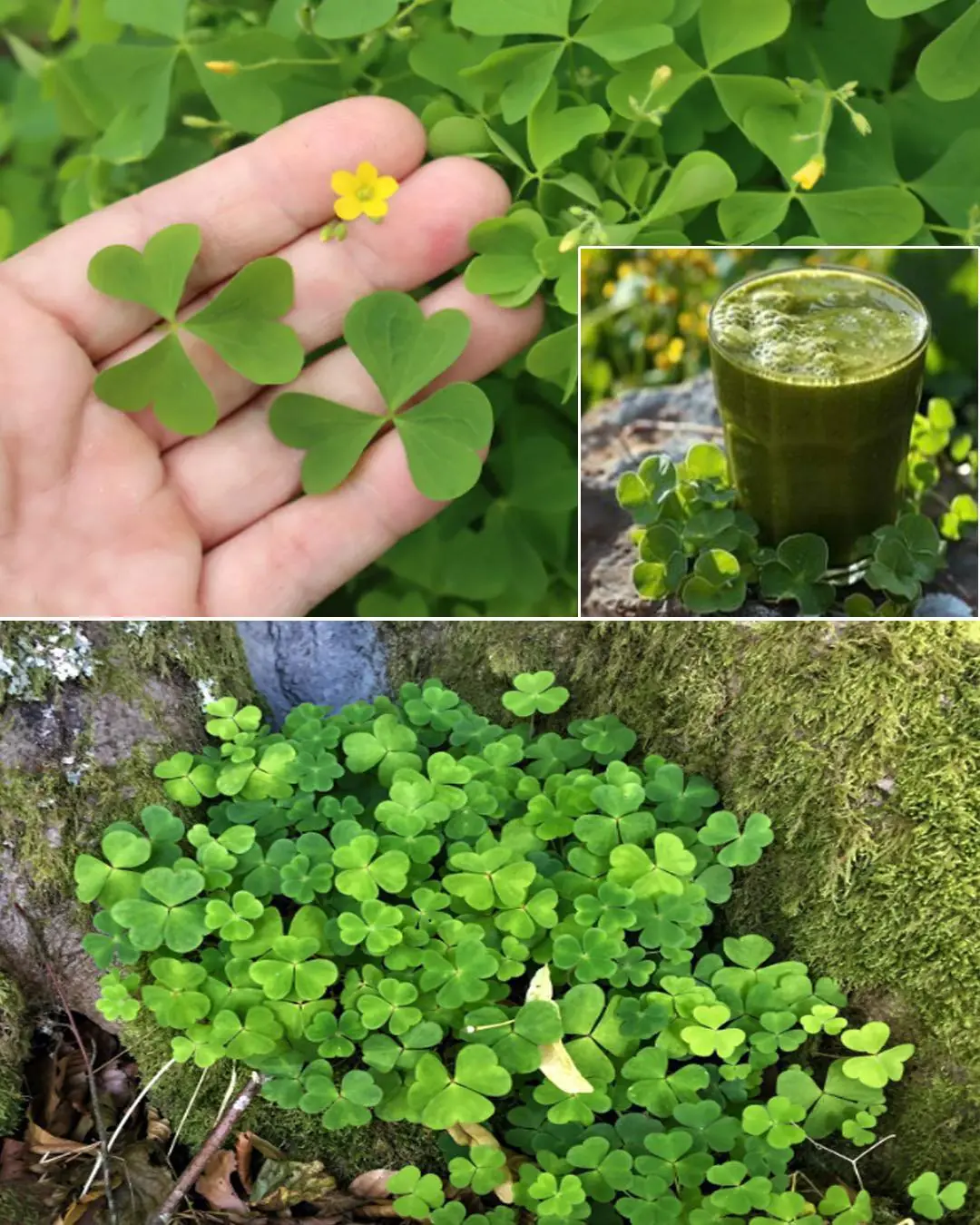
Wood Sorrel Benefits and Uses
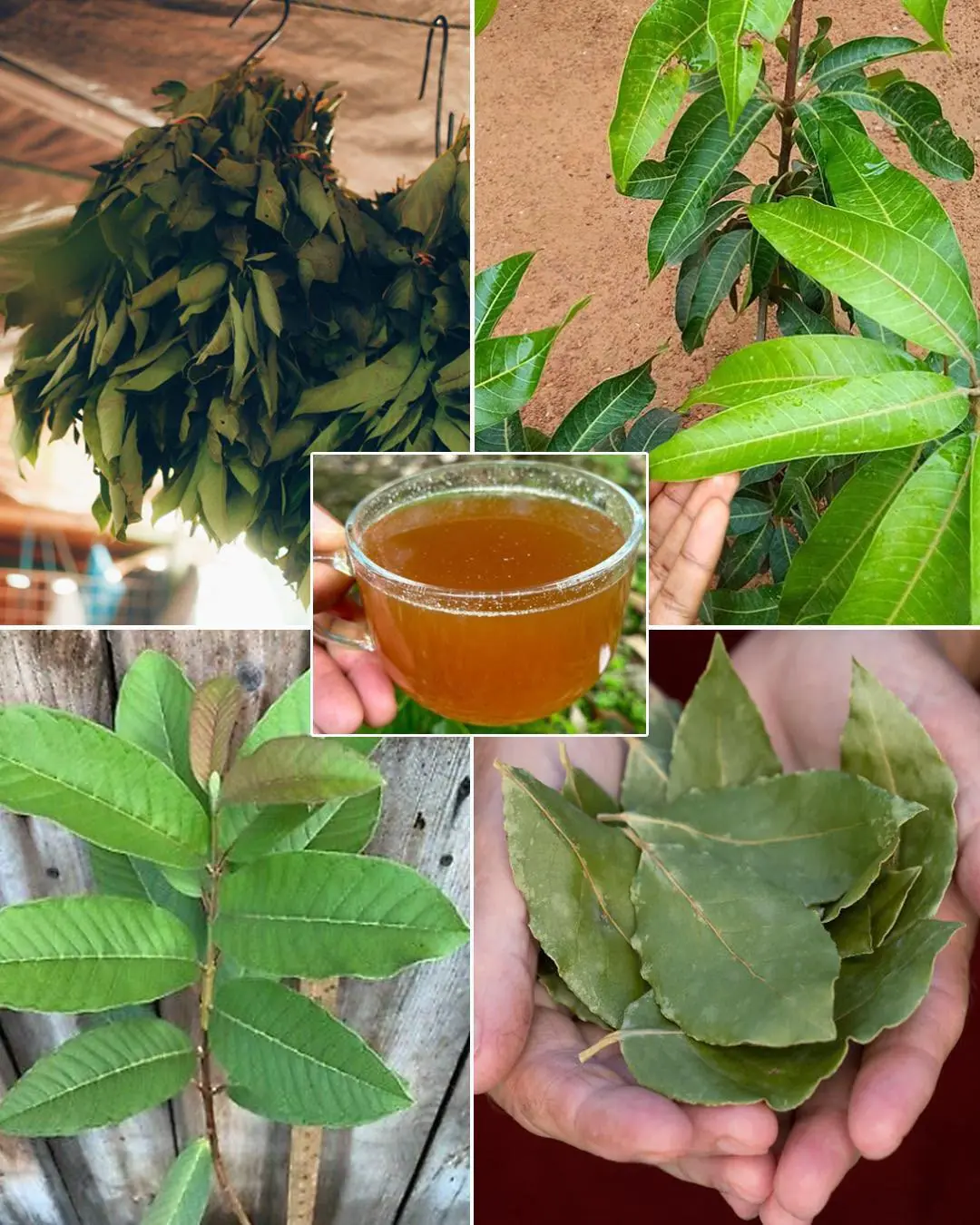
The four medicinal leaves: Avocado leaves, mango leaves, bay leaves, and guava leaves
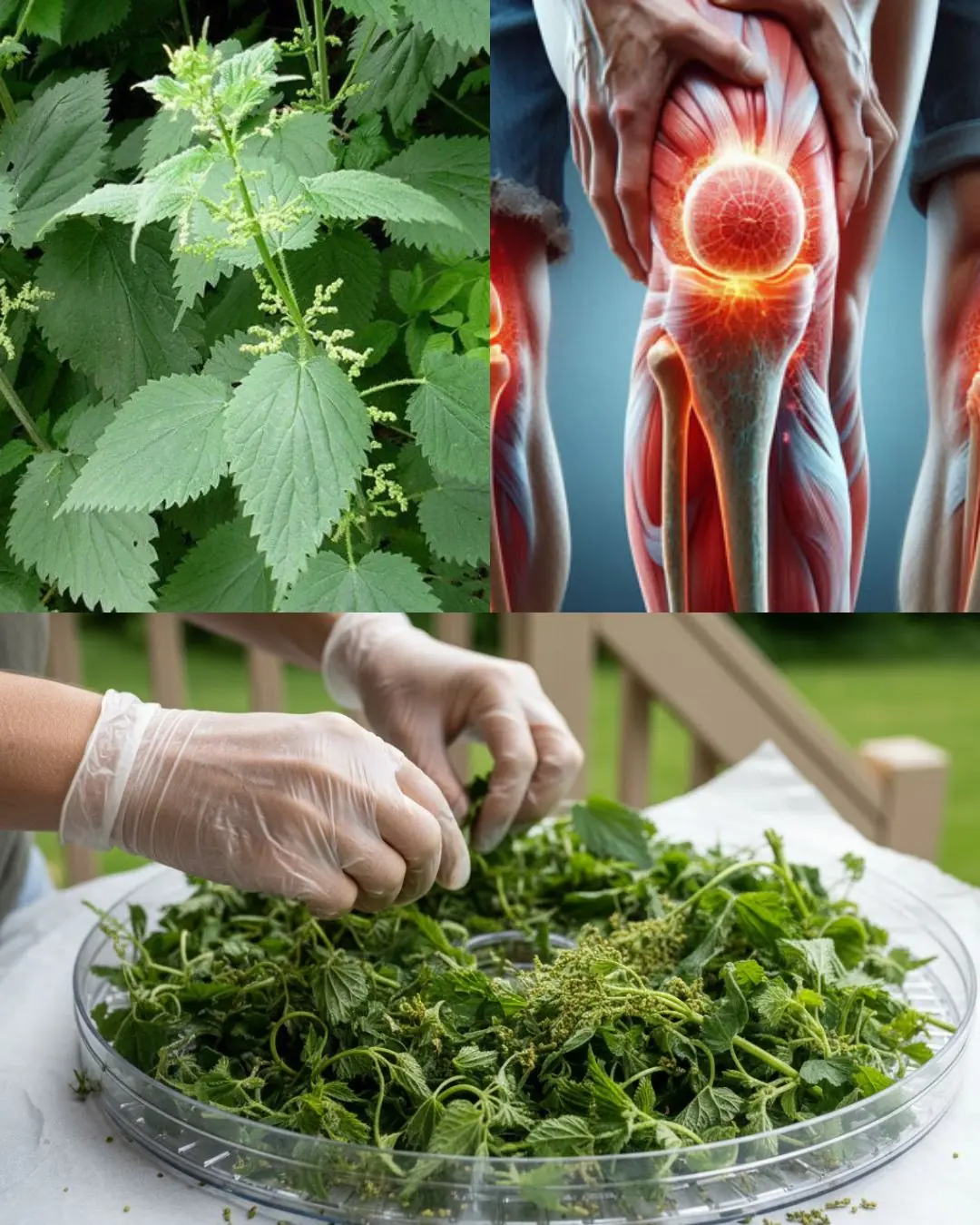
The Power of Urtica dioica: Natural Relief for Joint Pain, Arthritis, and Inflammation
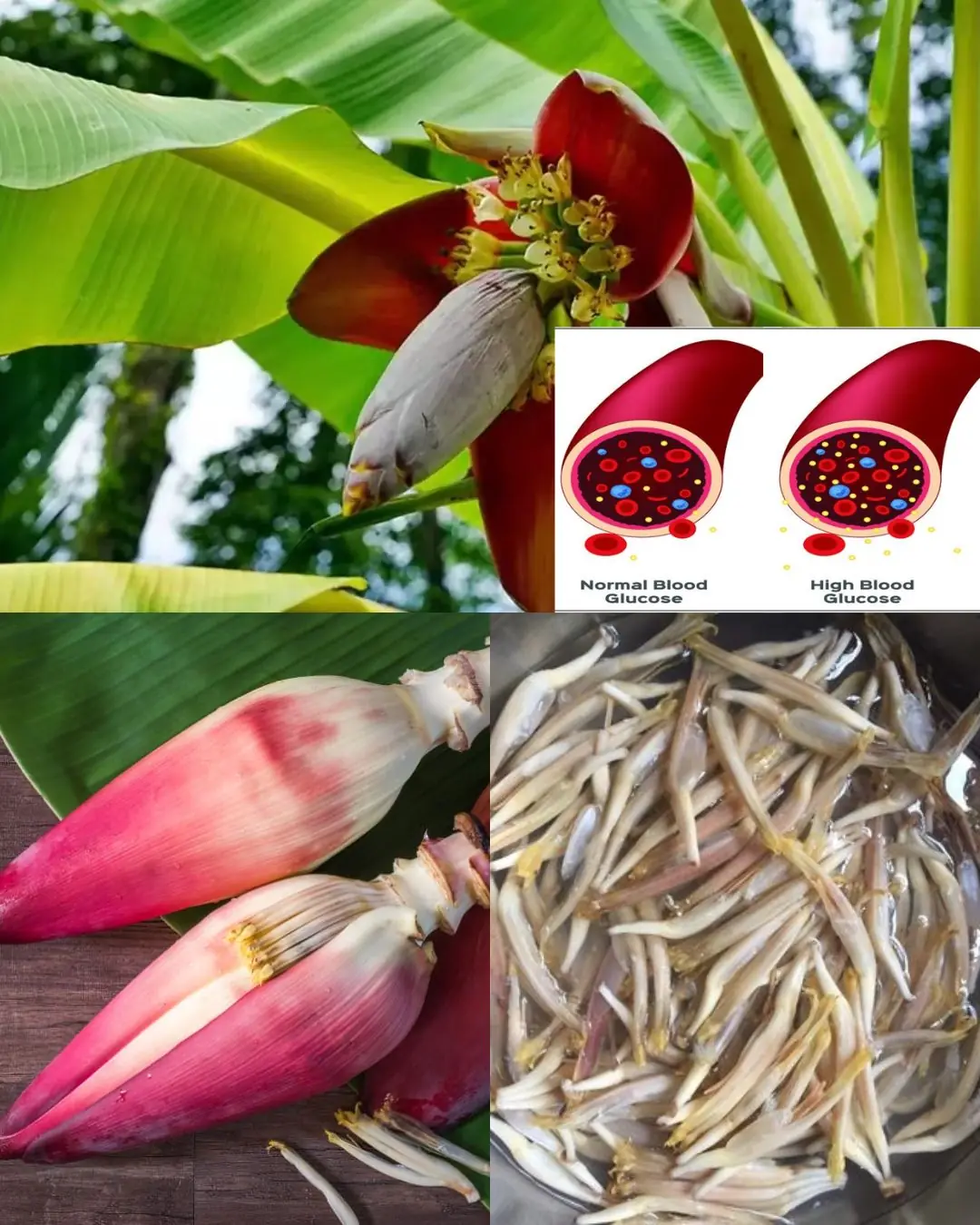
Banana Blossom: Health Benefits, Recipes, and Traditional Uses
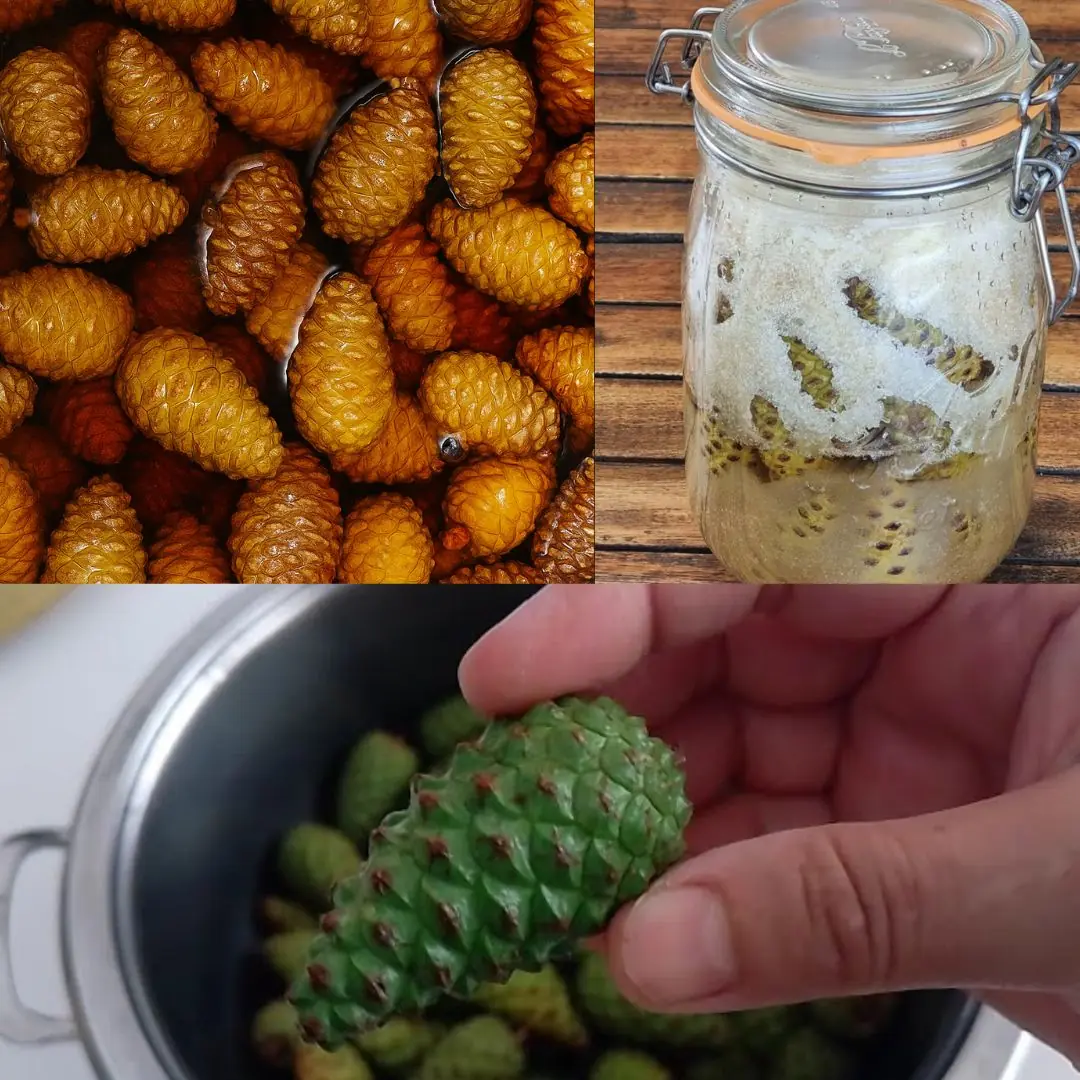
Pine Cone Syrup: A Newbie-Friendly Guide

Euphorbia Hirta: 9 key health benefits of this versatile plant
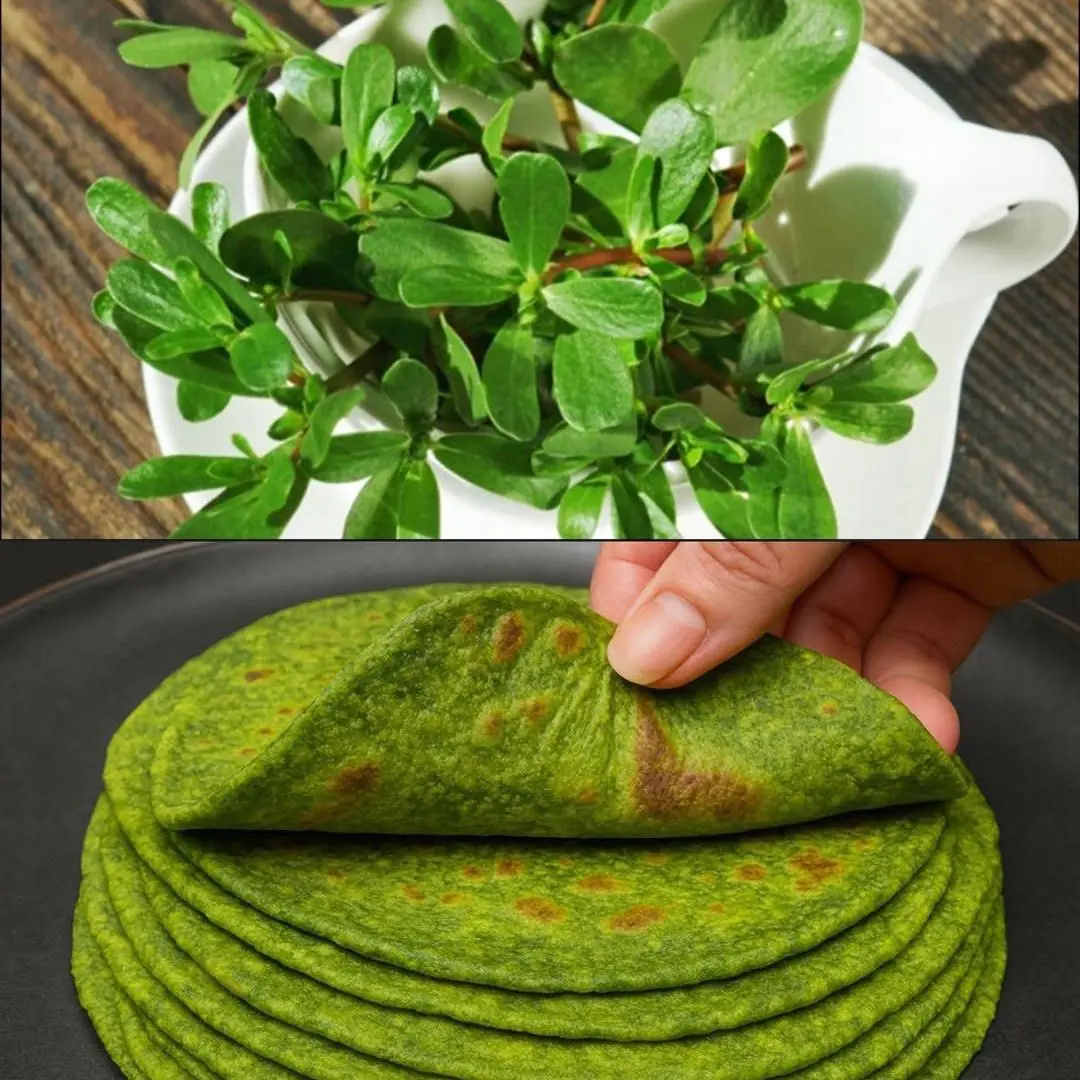
Why You Should Embrace Purslane in Your Garden: 8 Compelling Reasons

The Ultimate Herbal Eye Care Remedy: Keep Your Vision Healthy with This Simple DIY Solution

Revitalizing Health with Aloe Vera Juice: A Time-Honored Family Legacy

Onion Juice for Hair Regrowth: What the Science Says and How to Use It

How to Preserve Fresh Blueberries at Home for Months
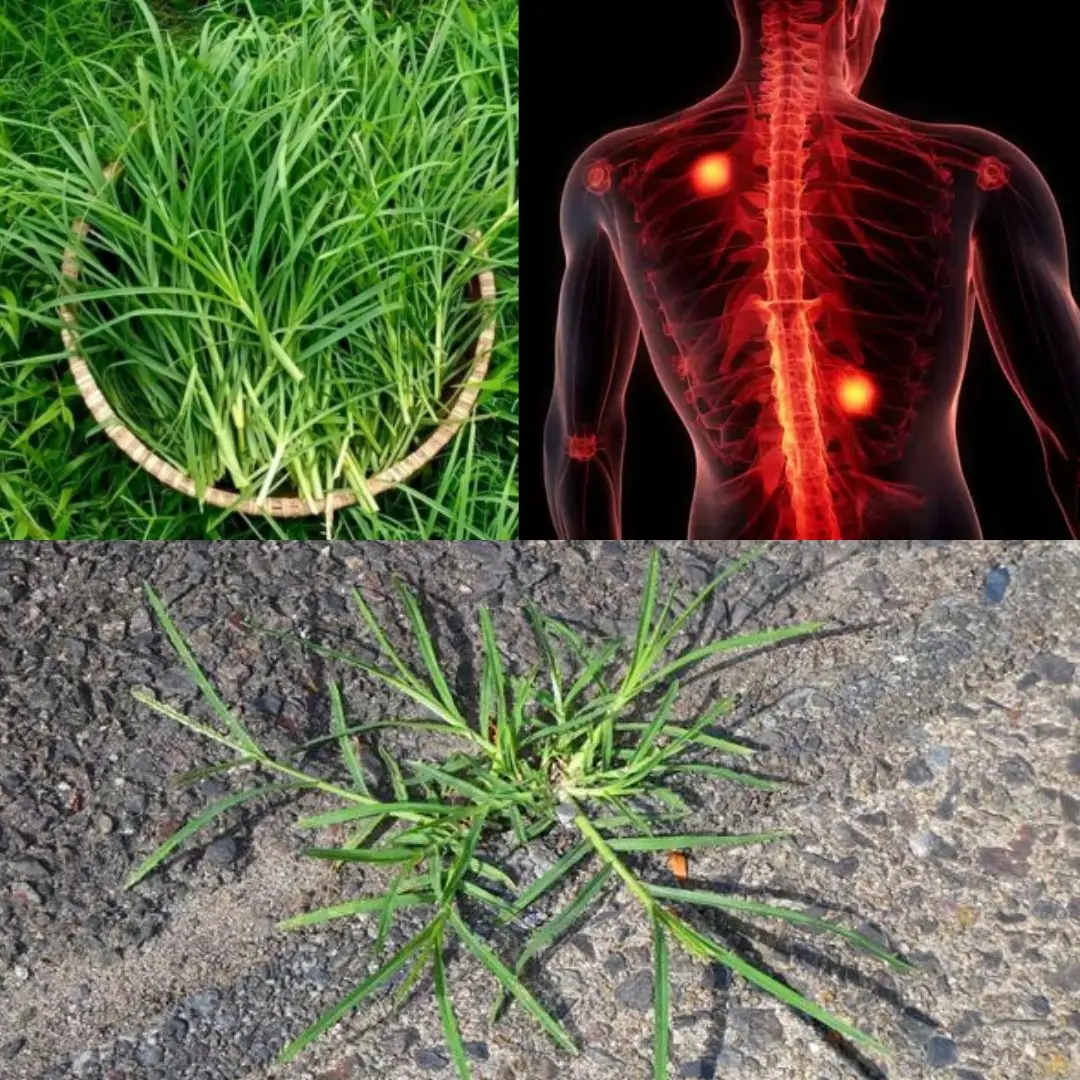
The Healing Power of Goose Grass – A Backyard Miracle for Over 10 Ailments

Some of the Benefits of Castor Leaves and the Seed
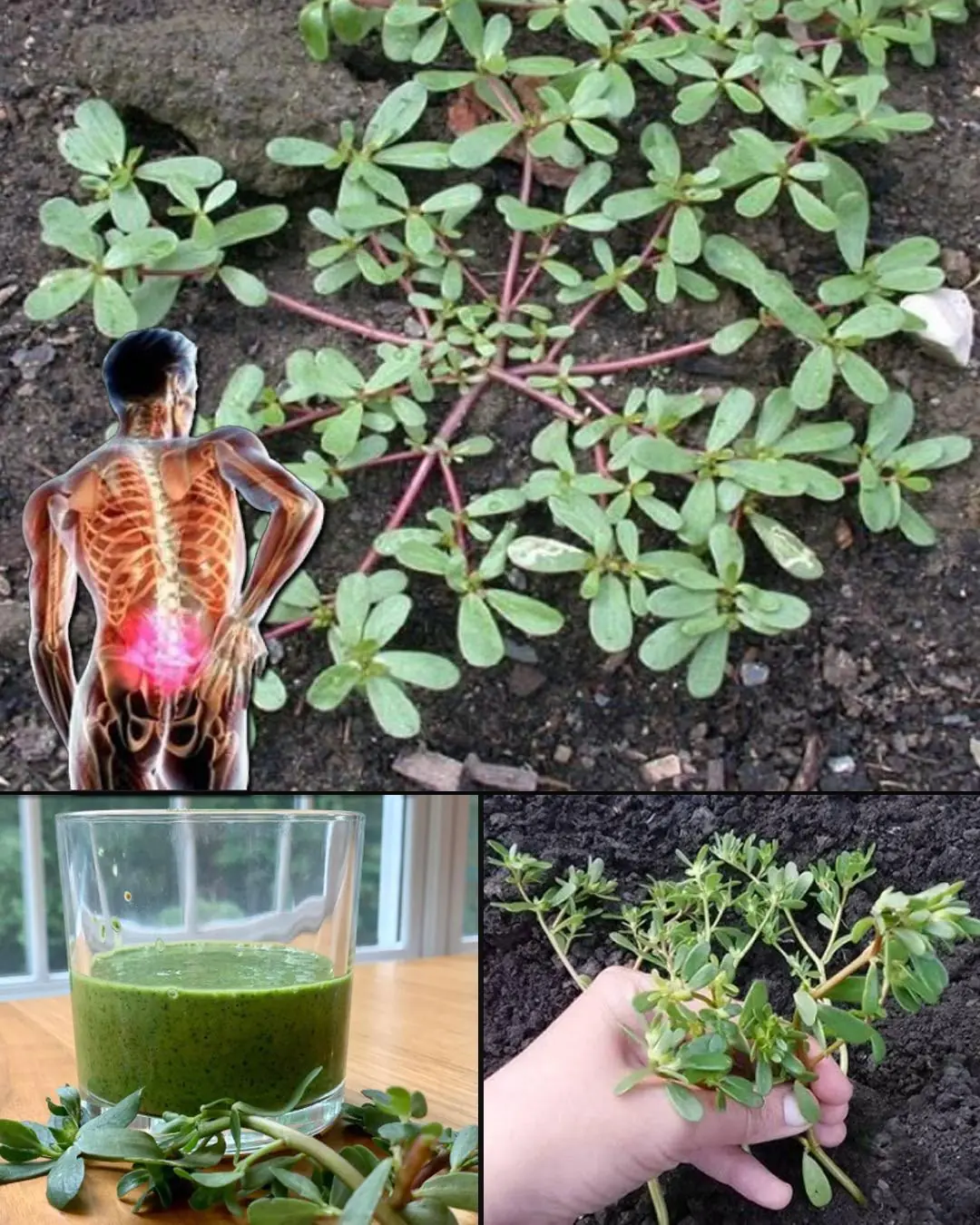
Purslane: The Superfood That Tastes Better Than Meat – 7 Reasons to Grow It in Your Garden
News Post

Garlic, tomatoes and cucumbers will grow rapidly. The most powerful fertilizer.

12 Powerful Benefits of Moringa Seeds

25 Incredible Health Benefits of Goosegrass

Grow potatoes in containers at home with just one potato

A Heartwarming Story of Hope: Surrendered Dog in Christmas Sweater Awaits a Loving Home

The Power of Chanca Piedra: 10 Benefits and Uses

Wood Sorrel Benefits and Uses

Forever Our Indy: A Tribute to a True Best Friend

The four medicinal leaves: Avocado leaves, mango leaves, bay leaves, and guava leaves

People Spotted a Dog Collapsed on a Sidewalk — Then Realized She Was Still Alive

This Senior Dog Can’t Climb the Stairs Anymore — So Dad Sleeps on the Sofa with Him Every Night

A Final Goodbye: Mario’s Last Moment with the Giraffes He Loved

Shy Golden Retriever Saved From Euthanasia at the Last Moment
The Dog Who Beat Cancer: A Reunion That Moved the World.

The Lion Who Lost His Mane, and the Tiger Who Won His Heart.

Her Heart Belongs to Daddy: A Daughter’s Memory of Danny Kaye.

A Father Chosen by Love

Goodbye, Noor Jehan: The Elephant Who Made a Nation Weep.
